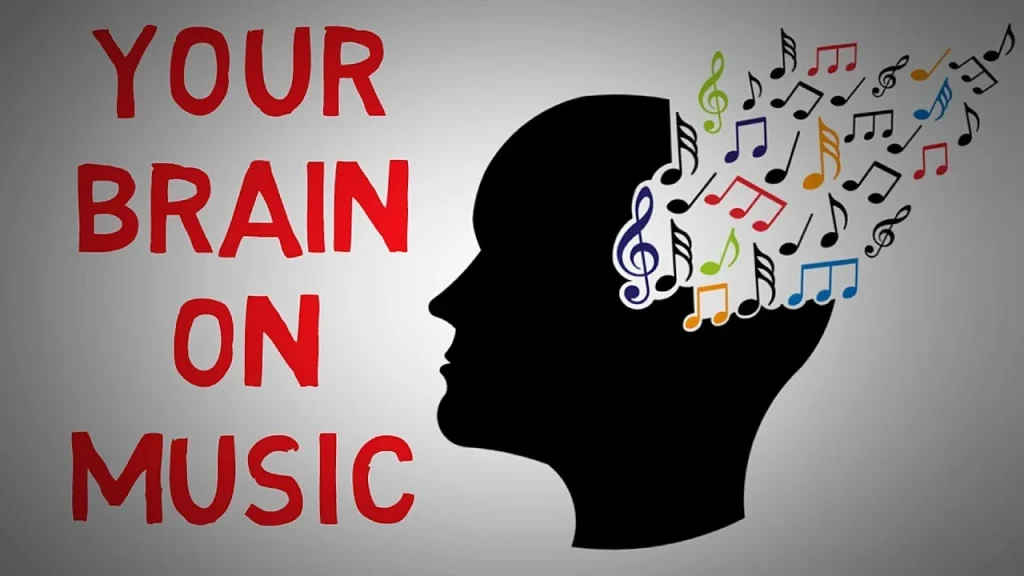Ever wonder why that one song can make you cry, dance, or even want to call your ex at 2 a.m.? Music isn’t just entertainment—it’s basically a superpower for your brain. Scientists have been studying it for decades, and honestly, some of the stuff they’ve discovered is mind-blowing. Turns out, your brain is basically hardwired to respond to tunes in ways you might not even notice.
Dopamine and the Feel-Good Factor
First things first, music makes you feel good. When you hear a song you love, your brain releases dopamine, which is basically the chemical version of a hug. That’s why that catchy beat or favorite chorus can make you instantly happy, even if your day is a total disaster. Music has the power to literally trick your brain into feeling awesome on demand.
Memory and Nostalgia
Ever hear an old song and suddenly remember your first crush, a childhood birthday, or a road trip you barely recall? That’s because music is tightly linked to memory. Your brain stores songs alongside emotional moments, so when you hear the tune again, it’s like a time machine. Basically, music is your personal emotional historian, and sometimes it’s brutally honest.
Stress Relief and Mental Health
Listening to music isn’t just fun, it’s therapeutic. Calm tunes can lower cortisol levels—the hormone linked to stress—while upbeat songs can give you an instant energy boost. People even use music to relax during meditation, workouts, or even traffic jams (which is probably the best place for stress relief, honestly). Your brain responds to music like it’s a mini vacation, no packing required.
Social Bonding
Music doesn’t just affect you individually; it also connects people. Concerts, singing in groups, or even sharing playlists with friends triggers oxytocin, sometimes called the “bonding hormone.” That’s why jamming out at a live show with thousands of strangers feels oddly emotional and why sharing a song with someone can feel like a tiny love letter.
The Science of Rhythm
Ever tap your foot to a beat without even realizing it? That’s because your brain is hardwired for rhythm. Neural circuits synchronize with musical patterns, which can improve focus, coordination, and even motor skills. In fact, some therapies use rhythm and music to help people recover from strokes or neurological injuries. Who knew grooving could be so useful?
Emotional Regulation
Music can literally help you process emotions. Feeling sad? Play a melancholic song and let it out. Feeling pumped? Crank up an energetic track and watch your mood skyrocket. Your brain uses music as a tool to understand and regulate feelings, which is why playlists are basically life hacks for emotional survival.
Creativity and Productivity
Music can also spark creativity. Many artists, writers, and even programmers swear by background music to get into “the zone.” Certain types of music can increase focus and flow, helping your brain form new connections and solve problems more efficiently. It’s like having a secret assistant in your headphones.
Why It Matters
Music isn’t just a pastime—it’s a full-on brain workout. It shapes your emotions, memories, social connections, and even your cognitive abilities. Next time you hit play on your favorite track, remember you’re not just enjoying a song—you’re giving your brain a powerful boost, sometimes without even noticing it.
Music has always been more than entertainment. It’s therapy, it’s science, it’s nostalgia, and yes, it’s sometimes dangerous because suddenly you’re dancing in your kitchen at 3 a.m. But hey, that’s the magic of music, and your brain secretly loves every second of it.


